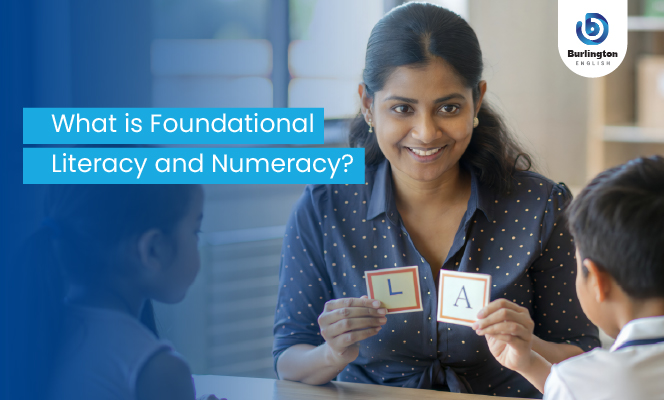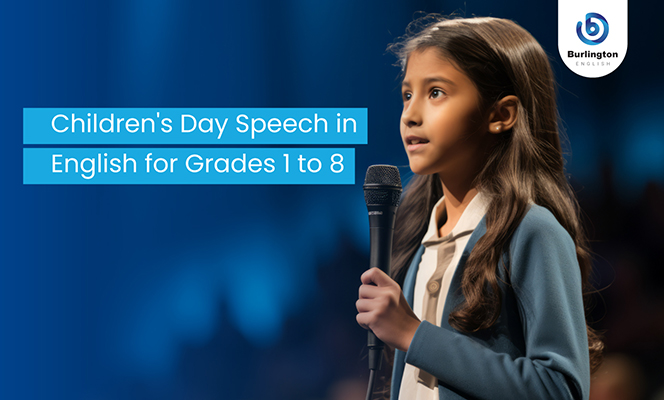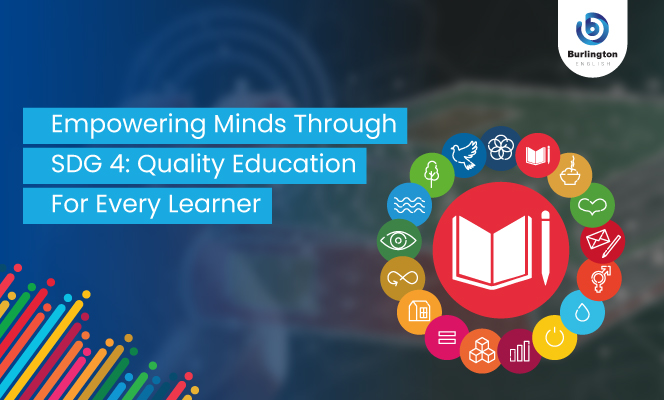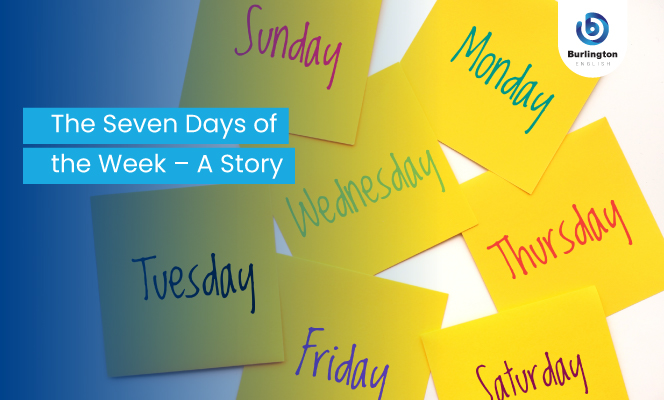Foundational Literacy and Numeracy (FLN) – Ways to Bridge the Existing Learning Gap
India, currently the fifth-largest economy in the world, is predicted to become the third-largest global economy by FY2028, taking over Japan and Germany. To transform this substantial leap into sustainable growth, the country needs to strengthen its roots, especially those linked to the world of education. After all, today’s learners will be tomorrow’s leaders, and tomorrow demands competent global visionaries. Therefore, it is paramount for the nation to provide the right environment and facilities to strengthen its foundational skills.
With this aim, the National Education Policy 2020 presented a clear vision for transformation in the education system.
“Our highest priority must be to achieve universal foundational literacy and numeracy (FLN) in primary school and beyond by 2025. The rest of the policy will be largely irrelevant for such a large portion of our students if this most basic learning (reading, writing, and arithmetic at the foundational level) is not first achieved.” – NEP 2020, 2.2
Foundational Literacy and Numeracy have been the key focus of the education policy as the country is battling a serious learning crisis. According to the ASER 2022 survey, 80% of Grade 3 students cannot read Grade 2 text, and 74% of Grade 3 students studying in rural India cannot do subtraction. Harvard University’s National Scientific Council on the Developing Child has acknowledged that the quality of intervention during the early years contributes to a child’s brain development. Understanding the significance of a child’s early years (0-8 years) in their cognitive and social-emotional development, the Department of Education launched the National Initiative for Proficiency in Reading with Understanding and Numeracy (NIPUN) Bharat Mission. NEP stipulated, “Accordingly, all State/UT governments will immediately prepare an implementation plan for attaining universal foundational literacy and numeracy in all primary schools, identifying stage-wise targets and goals to be achieved by 2025, and closely tracking and monitoring the progress of the same.”
FLN Mission
Foundational Literacy and Numeracy (FLN) is crucial for providing the basis for all future schooling and lifelong learning. NEP recognises that it is essential for students to succeed in their educational journey and beyond. Governments and educational organisations worldwide have been prioritising FLN for its long-term societal benefits. As per NEP 2020, the FLN mission is to ensure that young learners develop reading, writing, and comprehension along with the ability to solve basic arithmetic problems. NEP also lays out the means of learning, stating that the learning should be imparted joyfully through play, stories, rhymes, activities, local art, craft and music.
To build a strong foundational literacy, teachers need to focus on the following aspects:
- Phonics: Building understanding of sounds that create words
- Vocabulary: Identifying the meaning of words and how they can be used
- Reading: Developing the ability to read text accurately, fluently, and with proper pause, flow and expression
- Comprehension: Understanding and interpreting the text
- Writing: Penning thoughts and ideas with clarity while maintaining a flow
For foundational numeracy skills, educators can help students develop the following skills:
- Number Sense: Understanding numbers and their relationships
- Counting: Calculating and numbering objects and recognising the patterns
- Basic Arithmetic: Performing simple numerical functions such as addition, subtraction, multiplication, and division
- Measurement: Understanding and using units of measurement
- Geometry: Recognising shapes and understanding spatial relationships
Significance of FLN
Foundational literacy and numeracy are vital life skills that empower individuals by reducing learning inequalities and building greater competencies, adding to their employability potential. As a community, we must ensure that every child attains FLN skills during their foundational years to build a future where everyone can thrive.
FLN is not just about seeding basic literacy and numeracy skills in learners. Given its emphasis on the holistic development of a child, the NCF-FS 2022 also stresses physical and emotional well-being. A study conducted by Harvard University shows how a child’s environment and social connections regulate his/ her brain development. Stronger connection with parents and teachers enables better learning ability. Therefore, FLN encourages children to build a bond and engage with their communities. It instils in them a sense of belonging, social responsibility and safety.
According to the Index on Foundational Literacy and Numeracy, as presented by the Government of India, the five pillars of FLN are:
- Educational Infrastructure
- Access to Education
- Basic Health
- Learning Outcomes
- Governance
Roadblocks in FLN Implementation
The main challenge which stands in the way of successful FLN implementation is the lack of adequate skills and training among educators. In certain scenarios, educators themselves are not equipped and skilled enough to impart FLN skills to students effectively. Another roadblock is limited access to good-quality educational resources. Underprivileged children further face socioeconomic barriers, such as poverty and malnutrition, which directly impact their learning abilities and skills. Many young learners have also fallen behind in their foundational years due to the pandemic, widening the existing learning gaps. Besides, the disconnect between current early years education and research in child psychology has also impacted how different learners develop their learning habits.
Roadmap to Accomplishing FLN Goal
Irrespective of the number of challenges, FLN goals can be achieved with the right policy framework, simplified grassroots implementation plan, and technological intervention. Here is a list of critical enablers in FLN goal achievement:
- Integrating technologically supported resources can create digital classrooms. Technology is the most effective way of decentralising quality education and increasing student engagement.
- The involvement of parents in the child’s learning process creates a vital educational continuum and support.
- A focus on competency-based and experiential learning can empower learners. Moreover, learners’ good health and stress-free minds should be at the forefront of foundational education.
- Timely training and upskilling of educators is required to equip them with the skillset necessary to deliver FLN lessons effectively. It can be done by creating a group of master trainers at the district level.
FLN initiatives have the power to accelerate the progress of the future generations. Investing in young minds today can build a brighter and more equitable tomorrow.
Written By
Dr. Neeta Bali







